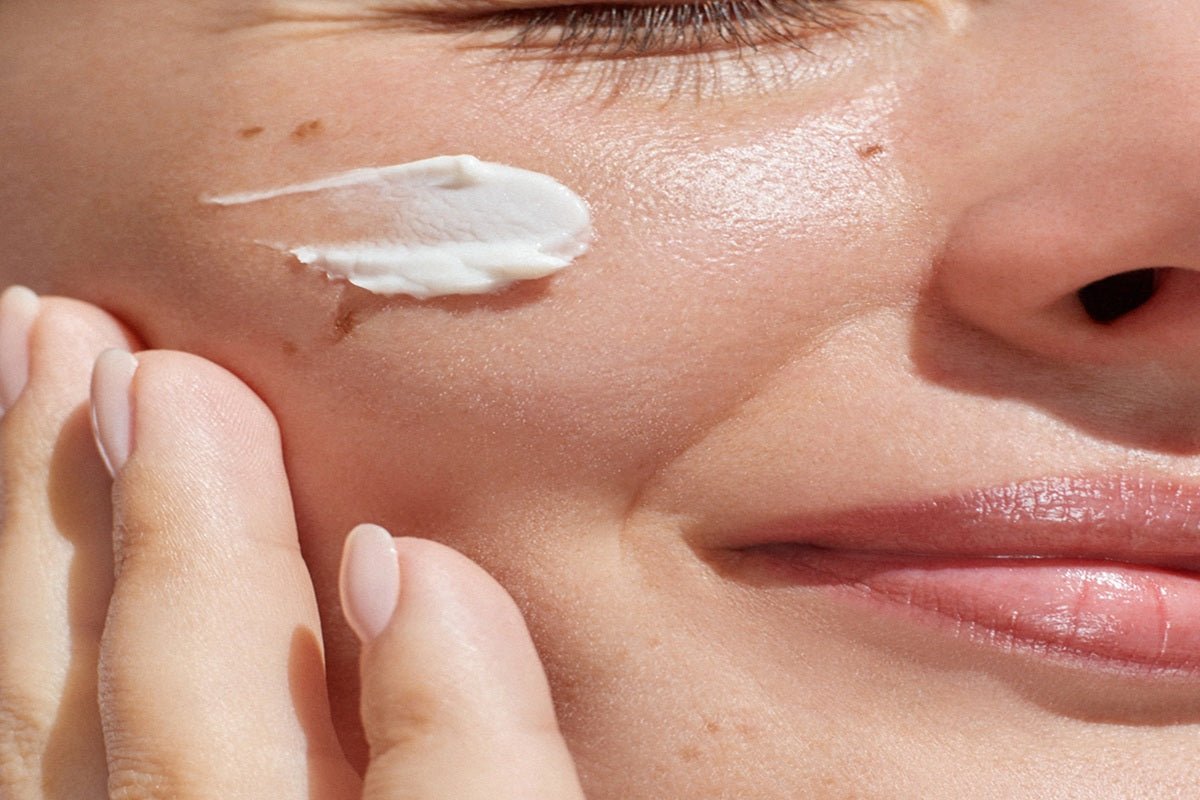First of all, what are they? Retinol and retinal are forms of Vitamin A, widely recognised for their anti-aging and skin-improving benefits. Retinoids, a broader category, include both retinol and retinal, among other compounds.
RetinolRetinol is a type of retinoid commonly found in over-the-counter skincare products. It works by boosting collagen production, reducing fine lines and wrinkles, and improving skin texture and tone.
RetinalRetinal, or retinaldehyde, is another derivative of Vitamin A. It is slightly more potent than retinol and offers similar benefits, including enhancing skin cell turnover and improving the appearance of blemishes and hyperpigmentation.
RetinoidsRetinoids encompass all derivatives of Vitamin A, including prescription-strength options like tretinoin. They are generally more potent than over-the-counter retinol and retinal.
They all have effect on skin ageing, controlling breakouts and improving skin texture, but they also have many side effects, that many are unaware of.
Common side effects include retinoid dermatitis, a condition that involves redness, sensitivity, dryness and flaking. It can lead to increased fragility of the skin that present as irritation, inflammation and increased sensitivity to sun exposure. It is of utmost importance to wear a SPF30 or higher daily if you plan on using these ingredients as part of your skincare routine.
You have to avoid using them with other potentially irritating ingredients such as glycolic acid, lactic acid, salicylic acid or benzoyl peroxide.
Recent Regulations
As of August 2022, new regulations limit the maximum concentration of retinol in skincare products: 0.3% for face products and 0.05% for body products. This regulation aims to minimise the risk of overexposure to Vitamin A, which can cause health issues such as liver damage.
Furthermore according to The bill—California AB 2491—would ban the sale of over-the-counter skin care products or cosmetic products to children under the age of 13 that are advertised to address skin aging. If passed, it would ban the sale of products that contain either vitamin A and its derivatives including retinoids and retinol, as well as alpha hydroxy acids, including glycolic acid, ascorbic acid or citric acid.
There are many alternatives to using Retinol or Retinal in your formulations and that is why at Cult51, we only use ingredients that is kind to the skin barrier, that can structurally and functionally change the skin and lead to a healthier, more hydrated and firmer skin.
We believe in the power of a combination of active ingredients that we use at the optimum concentration and we have the clinical results to prove they work.



